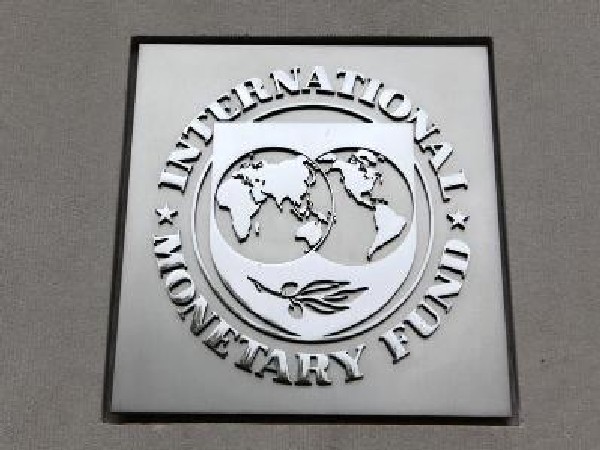IMF Warns Asia's Economic Prospects Threatened by Trade Wars
The IMF has raised concerns about retaliatory tariffs impacting Asia's economy, potentially disrupting supply chains and raising costs. While the region remains a major growth driver, the trade policies in the US and EU could increase inflation and affect monetary policy globally.

- Country:
- Philippines
The International Monetary Fund (IMF) issued a caution on Tuesday, highlighting the potential negative impacts of retaliatory tariffs on Asia's economy. The organization suggested that these tariffs might raise costs and disrupt supply chains, despite the region's role as a critical economic growth engine globally.
Krishna Srinivasan, IMF Asia-Pacific Director, addressed the issue at a forum in Cebu, citing concerns related to U.S. President-elect Donald Trump's proposed tariffs on Chinese goods. Such measures could impede global trade, affect growth in exporting countries, and increase inflation in the United States, possibly leading to tighter U.S. Federal Reserve policies.
Recent actions by the European Union to increase tariffs on Chinese-built electric vehicles have further escalated tensions, prompting responses from Beijing. The IMF's World Economic Outlook forecasts lower global growth rates in contrast to more optimistic prospects in Asia, highlighting the region's delicate transition amid trade tensions.
(With inputs from agencies.)
ALSO READ
Trump's Bold Second-Term Agenda: Trade Wars and Policy Shifts
Strengthening Supply Chains: Indo-Pacific Economic Framework's Role in Global Trade
Trade Wars: Winners and Opportunities for India
Trade Wars: Who Really Wins?
ILO, Indonesia, and Academia Unite to Promote Sustainable Supply Chains and Human Rights










